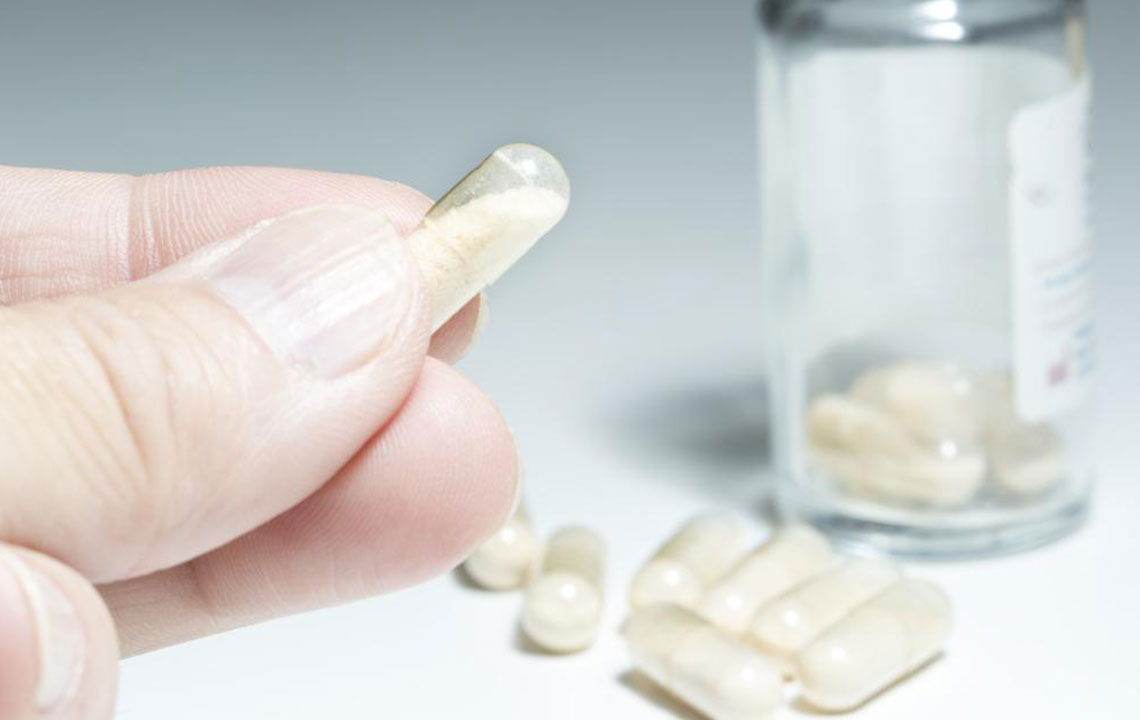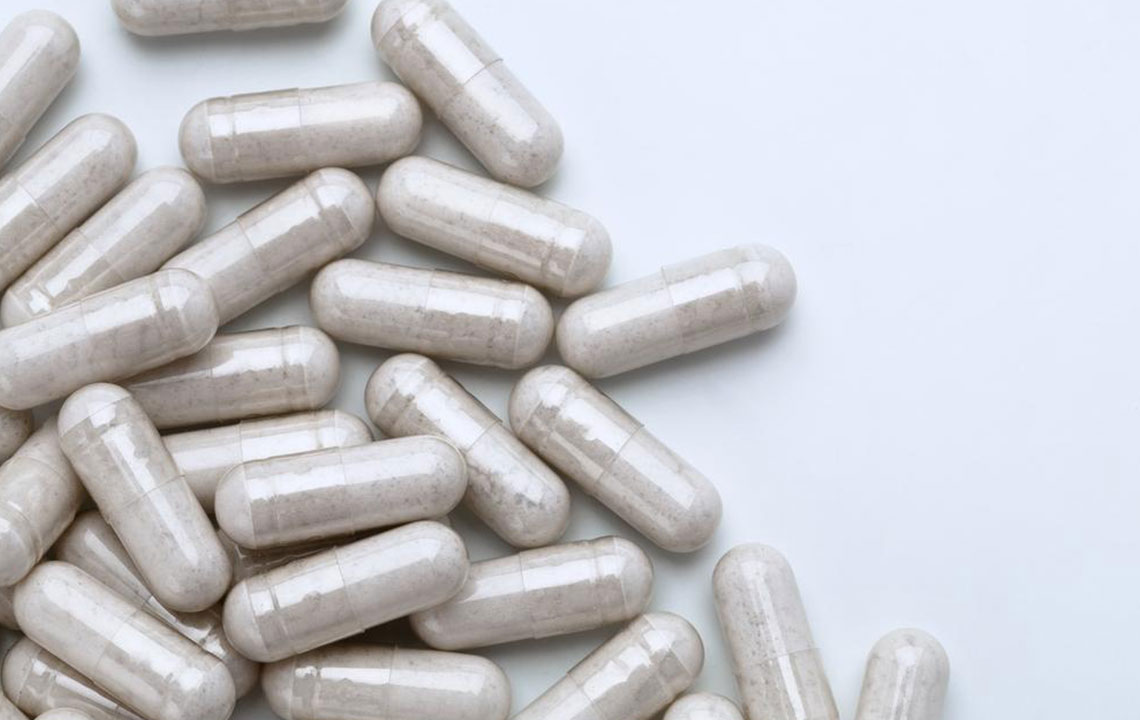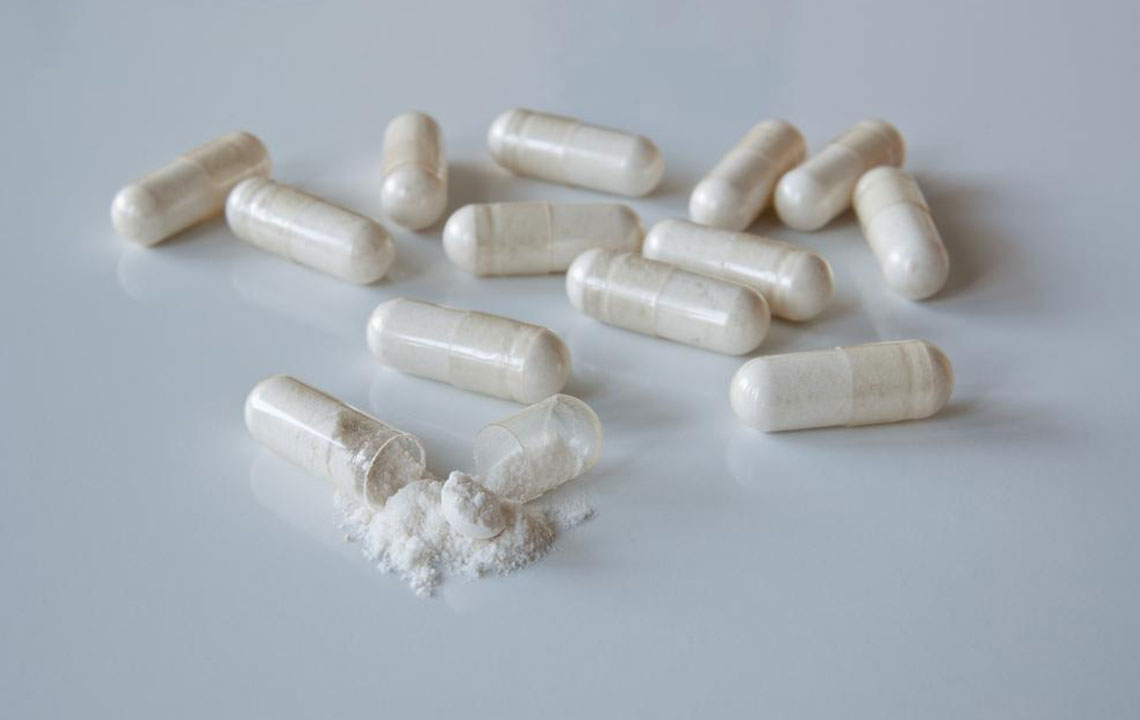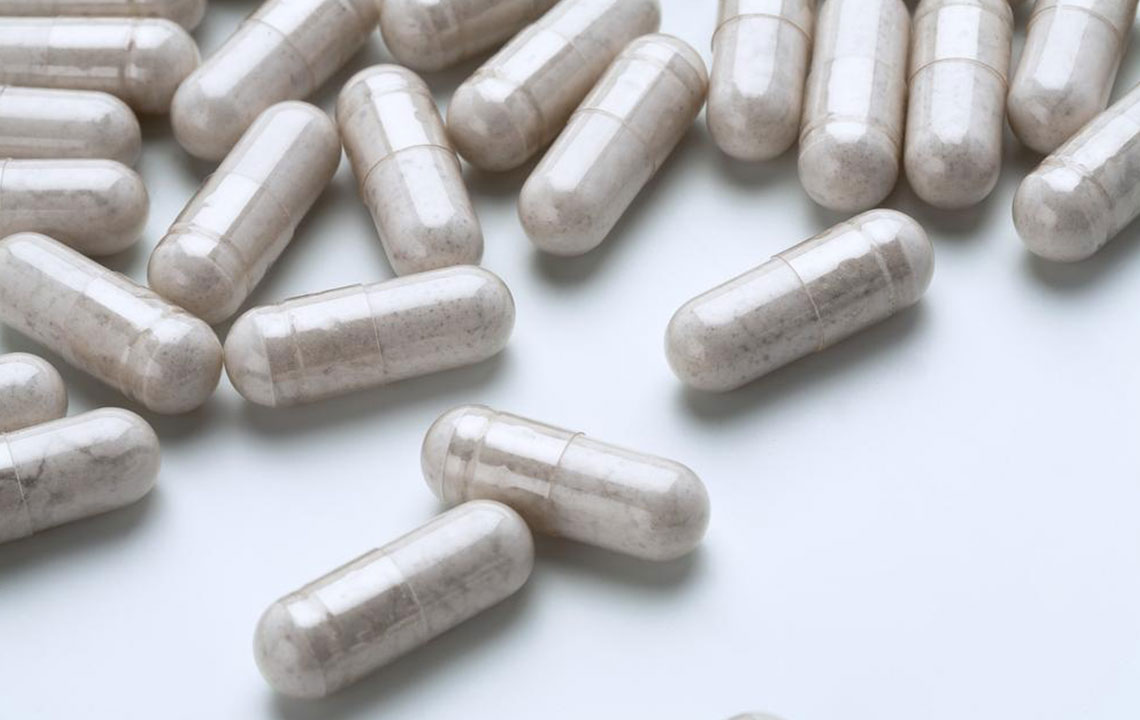Effective Strategies for Using Probiotics to Treat Yeast Infections
Discover effective methods to utilize probiotics for treating yeast infections. Learn about dietary sources, supplement choices, application tips, and precautions to support recovery naturally and safely. This guide helps you understand how to balance beneficial bacteria to combat yeast overgrowth and improve overall health.
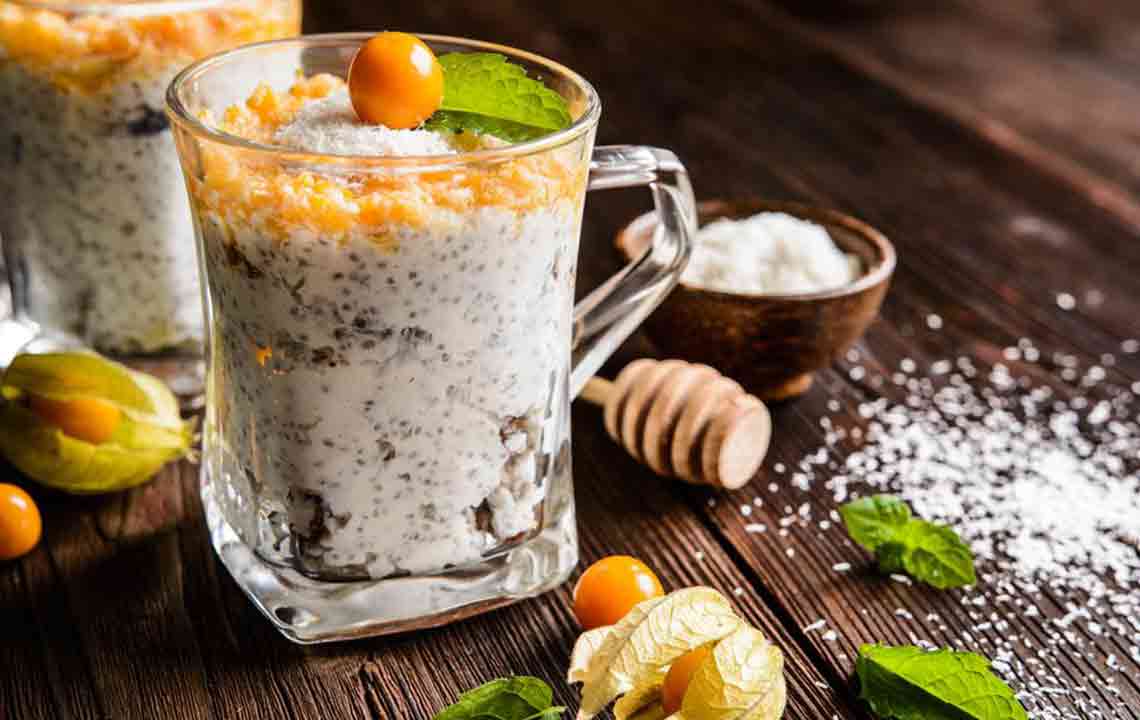
How to Effectively Use Probiotics for Yeast Infection
Probiotics are beneficial bacteria that help maintain a healthy balance in your body. They are particularly useful in preventing and managing yeast infections, which can affect areas like the mouth, skin, and vaginal region. These helpful microbes are available as supplements and are naturally present in foods such as yogurt, cheese, and fermented beverages. Recognizing symptoms like abnormal discharge, foul odor, white patches, or pus is important — if you experience any, consult a healthcare professional. Incorporating probiotics can support recovery and overall health.
Probiotics also promote digestive health and regular bowel movements. Here are some ways to maximize their benefits for yeast infections:
Include probiotic-rich foods like yogurt, kefir, soy beverages, and aged cheeses in your diet. Look for labels indicating live cultures. Additionally, some nutritional bars, juices, and cereals contain beneficial bacteria.
Eat probiotic foods such as garlic, honey, wheat, bananas, legumes, and flaxseeds. Consuming three to eight grams daily may help combat yeast overgrowth. Always consult your doctor for appropriate portion sizes, as there are no universal daily guidelines.
Probiotics can also be taken as supplements—tablet or capsule forms often contain 1-2 billion live cultures per dose and should be used throughout the treatment duration. For oral infections, probiotic powder can be mixed into water and used as a mouth rinse. Vaginal infections may be eased by inserting probiotic capsules directly into the affected area once daily, often providing quick relief.
However, it's essential to be aware of possible side effects:
Some individuals may experience gastrointestinal issues like diarrhea or gas initially. Symptoms usually subside over time, but those with weaker immune systems should exercise caution.
Consult a healthcare professional before starting probiotics, as yeast infections can sometimes signal other health issues or sexually transmitted infections.
When choosing probiotic supplements, prioritize quality by considering:
The number and types of bacterial strains, especially Lactobacilli and Bifidobacteria, which help regulate yeast levels. Aim for products with five to six different strains.
Colony forming units (CFUs)- higher counts generally indicate a more potent product.
Advanced delivery technologies like delayed release capsules, ensuring bacteria survive stomach acid and reach the target areas effectively.
Popular probiotic brands effective against yeast infections include:
Renew Life Ultimate Flora Women’s Vaginal Probiotic
Garden of Life Raw Probiotic
LoveBug Probiotics
Healthy Origins Probiotics
These are available in pharmacies and online stores. For best results, perform a simple milk test by adding a capsule to milk; if it curdles after a few hours, the product contains live cultures. Always verify storage conditions, especially for live bacteria, to ensure product potency.

